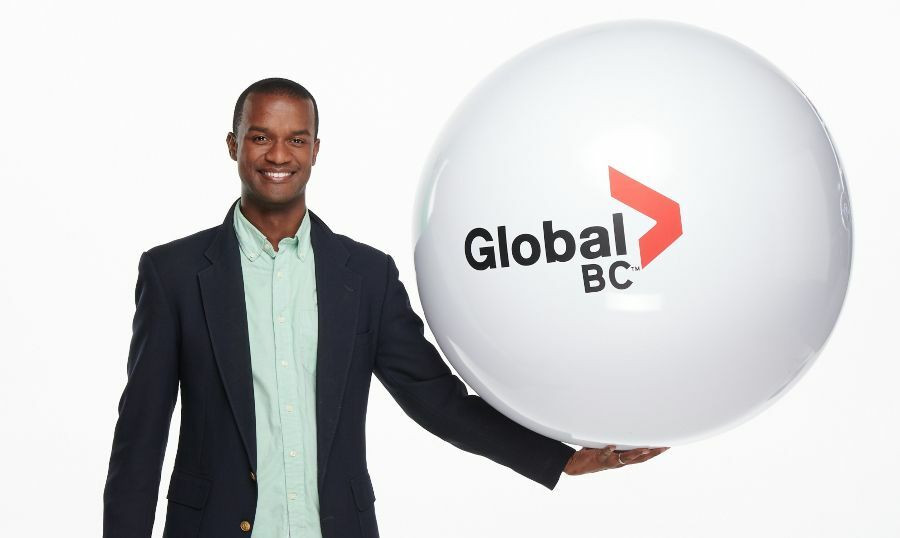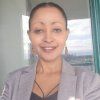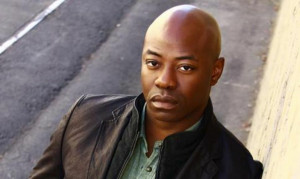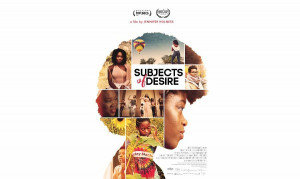How did you get into journalism?
Growing up, I knew that I had a knack for talking to people. I was always passionate about conversations and connecting people to new ideas. And so, I got started with interviews at school and won a competition called Mr. UCF. (University of Central Florida). This allowed me to go on stage and meet big artists when they would visit our campus. I eventually pursued a full-time career in media and began working for a magazine show in Orlando called Orlando Life Magazine. Then, I had my first TV job for Fox in New Mexico.
What was your experience with New Mexico True Television like?
I loved it. New Mexico is a special place due to its rich history involving the Spanish, the Native American Indigenous community, American settlers, and Mexicans. It’s this mixture of culture and history that gave me a sense of belonging unlike any other place in the world.
Doing that show was a special experience for me because I learned so much about those histories and cultures. It was such a great experience for me professionally to be a part of a show like that. I also won an Emmy in recognition of my work. I was happy and inspired by all the recognition of my work.
What are your experiences with racism in both US and Canada?
My experience with racism is unique and different. I’ve lived most of my life in the US and then moved to Canada. I’ve been in Canada for almost four-and-a-half years now. Racism is a little bit overt and more pronounced in the States. As for me, I may have experienced some small instances of micro-aggressions due to racism early on in college or high school, but I only have vague recollections of them.
I have never experienced any racism during my professional or personal life. People here in BC go out of their way to make you feel welcomed, for instance, they would nod to you in a friendly manner on the streets. With that said, it might be very different if I would have moved to a different city or province and people who have lived here may have a different experience of racism. When I got hired at Global BC, everyone was welcoming and open. I never felt like I was being judged based on my appearance or certain stereotypes.
What are your favourite stories involving Black people from BC?
One story that really fascinated me was of the early Black pioneers who moved to BC from the States in the 1800s. They escaped persecution and slavery from California and Missouri to make a new life in BC. So there is a lot of history that is of interest to me. The other is the African Descent Festival that happens in Vancouver every year.
I was also fascinated by Strathcona, which is the Black epicentre of Vancouver in terms of the history there. Hogan's Alley is a big historical monument that I hold in high regard.
There was a great number of Black entrepreneurs in that area with so many Black icons including Nora Hendrix’s and Jimi Hendrix's grandmother.
I also did a story on ETHOS Lab, run by a woman of Nigerian descent, Antonia Gondola. ETHOS is a tech startup that tries to connect Black youth with technology such as AI and machine learning.
The audience feedback has been great as people are visibly delighted to learn new things about the community.
What are the misconceptions about the Black community in BC?
I’ve only been here for a couple of years. So it is hard for me to comment on that. But what I’ve heard is that Black people aren’t doing cohesive work and their effort is largely fragmented. This makes it a bit harder to get more attention and support. But that's starting to be leveraged now.
From what you have observed, what are the challenges of the Black community in BC?
It is the erasure of the Black experience and Black voices from Vancouver. I feel that the destruction of Hogan’s Alley played a big role in dismantling the community. There is also a lack of opportunity and resources. But, I will say there are exceptions. There are many successful Black people out there.
The other major challenge is a lack of representation. But, now there are a lot of players who are galvanizing and providing opportunities for people who haven’t been a part of this space.
Tell me about being a Black reporter speaking about their community.
I don't want to be the stereotypical Black guy doing Black stories. At the same time, if there’s a good story that needs to be covered, I’ll go ahead and do it. I don’t really think about my Blackness when deciding which stories to do and which ones to avoid.
I’m grateful that my bosses are so supportive of me. Most of the time, I try to focus on doing positive stories. When I cover a story, whether it is about Black people or not, I think of my diverse audience.
There are sensitivities you should consider no matter who you're talking to, including the Black experience. For me, I approach my work with mindfulness. I approach that story with good intentions, patience, humbleness, groundedness, full presence and providing a safe space for anyone who is traumatized by their experiences.
I know this can be hard for journalists because we are always under tight deadlines and have no room for complexity especially when it’s short form. These pressures sometimes lead to disingenuous reporting.
So I always want to make sure that the story appeals to every person who reviews my work. I also want to promote more empathy and understanding so that other people don’t have to live through racism. That’s my philosophy, which I got from all the yoga and meditation that I do.
What should be the role of the media in combating racism?
I don't want to speak on behalf of the media. But, I will comment on my work. I think the media should bring people of different ethnicities together to create more dialogue and to combat preconceived notions and stereotypes. I personally believe that you can’t force someone to discard their racism all of a sudden. But you can discourage it with the power of media. I think, more conversations are now taking place around misrepresented groups and minorities. I think Global BC is already very diverse. With that said, I think more should be done to create opportunities for folks from different backgrounds. The diversity and the tapestry of voices and perspectives give you a full range within your newsroom.

 By
By 





